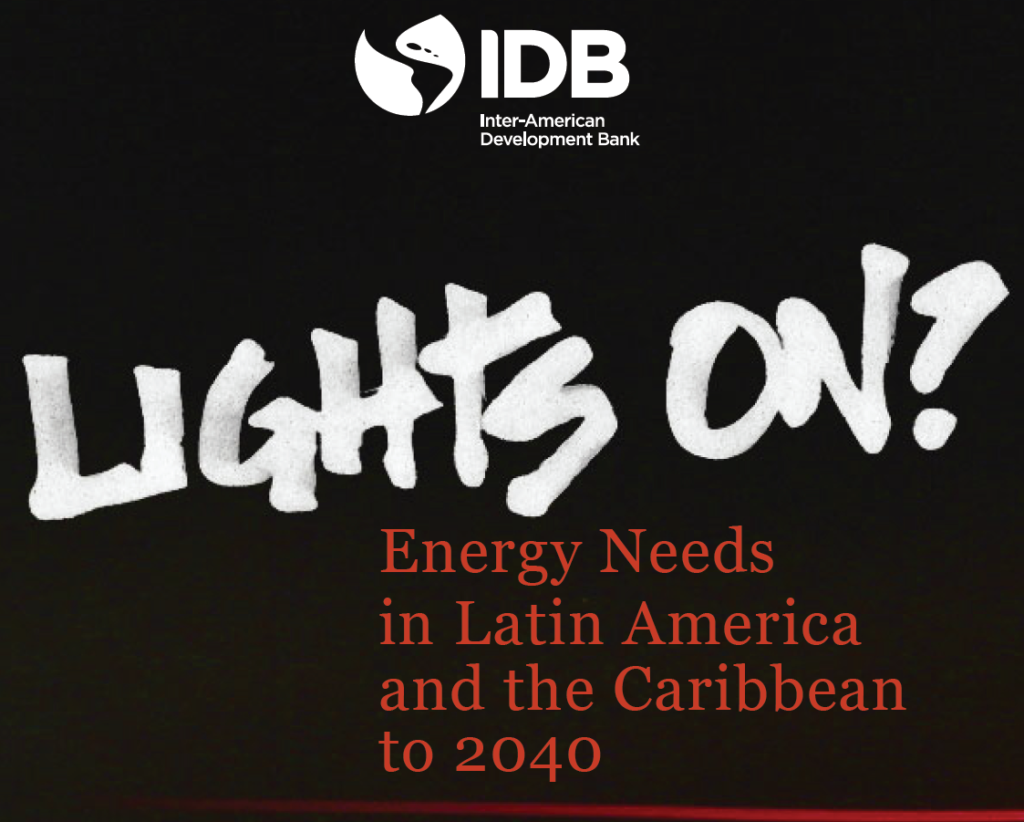by Estefanía Marchán, Ramón Espinasa, and Ariel Yépez-García. The G20 – a group comprising the world’s 20 leading economies – will meet in Argentina next year for its 10th annual summit aimed at coordinating action to strengthen the global economy and tackle pressing global challenges including climate change. The phasing out of fossil fuel subsidies—a pledge first made by … [Read more...] about An Opportune Time for Reforming Energy Subsidies in Latin America and the Caribbean
Energy Dossier: Trinidad and Tobago
The Energy Dossier of Trinidad and Tobago is part of a series of publications produced by the Energy Division of the Infrastructure and Environment Department of the Inter-American Development Bank. It is designed to increase the knowledge base about the composition and organization of the energy sector of Latin American and Caribbean countries. Each dossier describes the … [Read more...] about Energy Dossier: Trinidad and Tobago
Oil Markets and the Changing Role of OPEC and Saudi Arabia
*This article was first published on Prodavinci in Spanish. In a two year time frame, the OPEC decided to take two diametrically opposed oil policy directions. This reflects both the profound differences between the member countries of the Organization and the changing power relations between the world's major oil producers. … [Read more...] about Oil Markets and the Changing Role of OPEC and Saudi Arabia
Understanding Cheap Oil
The fall in oil prices during the last quarter of 2014 and throughout 2015, which reached an average of US$37 per barrel in December 2015, reflects a structural shift in the way the international oil market works. … [Read more...] about Understanding Cheap Oil
Lights on? How Much Energy is Enough to Power Latin America and the Caribbean Through 2040?
You might not see it, but you know it is there. Whether we use it to power our homes or factories, or for transport systems, we are dependent on it. Energy has become as essential as water in modern societies and is indispensable for our lives. … [Read more...] about Lights on? How Much Energy is Enough to Power Latin America and the Caribbean Through 2040?




